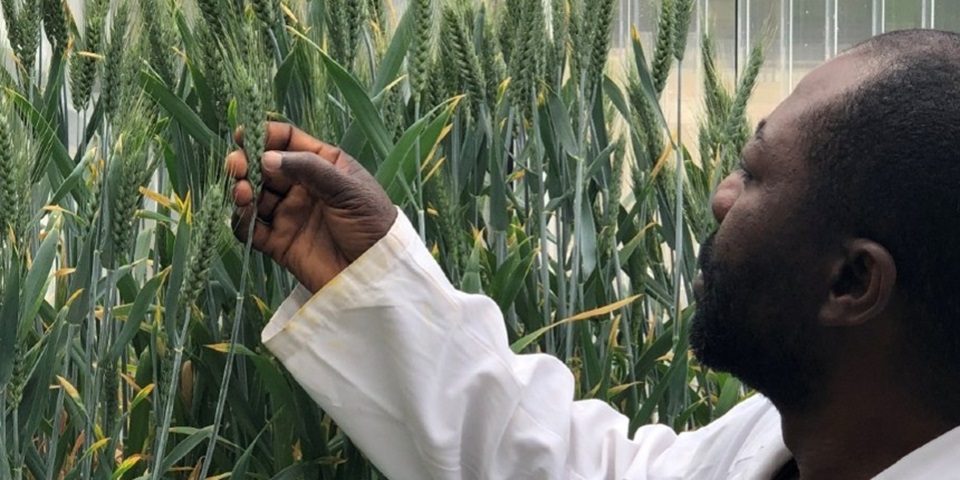News
Breaking down regulatory barriers to feed the world

Researchers from around the world will meet in Canberra later this month for a conference showcasing the latest scientific advances in gene-editing technologies and research on gene-edited crops.
Organised by Murdoch University, the conference, Gene-edited crops: enabling future commercialisation and trade, will run from 26-27 April at the Shine Dome in Canberra.
The conference is open to researchers, farming bodies, research and development corporations, diplomats, international organisations and more, with leading speakers from universities, the grain and horticultural industries, CSIRO, the International Service for the Acquisition of Agri-biotech Applications (ISAAA), with presenters from north and south America, Europe and the Asia Pacific region.
Professor Michael Jones, Foundation Director of the State Agricultural Biotechnology Centre, said the conference sought to create pathways to market for Australian gene-edited grain and horticultural exports – especially in the key Asia-Pacific market.
“Food systems globally are under pressure from climate change, food insecurity, pests, diseases demographic changes, and reduction of arable land through urbanisation - and gene-edited crops offer hope to the 800 million people worldwide who are poor and hungry,” he said.
Gene (or genome)-editing provides new tools that can help meet food security and sustainability goals through the development of nutritious and robust crops that can withstand impacts like drought, frost, disease and a changing climate.”Professor Michael Jones, Foundation Director of the State Agricultural Biotechnology Centre
The Conference is supported by the Commonwealth Department of Agriculture, Fisheries and Food (formerly Agriculture, Water and the Environment), through its program to assist small and large-scale Australian food exporters, in this case to understand and promote the potential of gene-editing for crop improvement.
However, Professor Jones warned that the benefits of New Breeding Technologies (NBTs) such as gene-editing would not be achieved without international alignment of the policies on gene-edited produce and said that is a focus of the Canberra conference.
“As is often the case, the speed of new scientific developments, such as gene-edited crops, is outpacing policy and regulatory aspects,” he said.
“This conference will seek to advance ‘science diplomacy’ in this area to create a coherent regulatory environment across nations and help place Australia at the forefront of realising the benefits of these new technologies.”
Murdoch University scientist Dr John Fosu-Nyarko, a co-organiser of the conference on gene-edited crops, studies modified wheat in a greenhouse.
Are you interested in studying Agriculture? Start your university journey today!